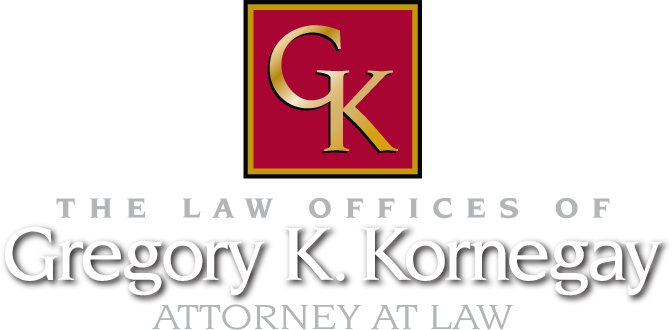What Chapter 13 Plans May Do
In addition to the required Chapter 13 plan provisions, the law also lays out the things that Chapter 13 plans may provide for:
- A plan may classify unsecured claims, as long as the plan treats each claim within a particular class the same. 11 U.S.C.A. Section 1322(b) (1), 11 U.S.C.A. Section 1322(a)(3).
- A plan may modify the rights of secured creditors’ claims and unsecured creditors’ claims. The rules for modification of secured claims is stricter than those of unsecured claims. Modification could be by way of extending or stretching out the installments over time or could be modified by an across the board reduction in the face amount of the debts in a particular class of debts (i.e., 50 cents on the dollar). Special protections are in place for the debtor’s principal residence (claim secured by the principal residence), recently purchased motor vehicles (910 Rule), and other property purchased within one year of bankruptcy which limit modification of these secured claims.
- A plan may cure or waive a default. It is very common for a Chapter 13 debtor to cure defaults for secured claims such as home mortgages and other long term secured debts. Normally there would be no need to cure arrearages on an unsecured debt, however, a student loan in default would be an exception.
- A plan may provide for the concurrent payment of secured and unsecured claims. It would not normally be in a debtor’s interest to exercise this option. Most Chapter 13 debtors would probably want to pay secured claims and priority claims thru the Chapter 13 plan first and then let the general unsecured claims be last.
- A plan may provide for Curing defaults on debts extending beyond the term of the Chapter 13 Plan. Some debts cannot be paid within the Chapter 13 plan duration of 5 years simply because they are long-term obligations, such as home mortgages where there are many years of payments left after the Chapter 13 plan is over. The Chapter 13 debtor is allowed to cure a default within a reasonable time within the Chapter 13 plan even though the debtor will not have to pay the entire debt balance due within the Chapter 13 plan duration.
- A plan may provide for the rejection, assumption, or assignment of executory contracts and unexpired leases of the debtor not previously rejected under section 365 of the Bankruptcy Code.
- A plan may provide for funding from the debtor’s liquidated exempt or nonexempt property. The debtor could propose a plan in which some of the funding for the plan comes from his regular income and some of the funding comes from the sale of a major asset such as a house. This could be called a “liquidating Chapter 13 plan.”
- A plan may provide for the vesting of property of the estate, when the plan is confirmed or later in time, in any entity or the debtor. The debtor needs to choose when the vesting of property will occur. There are really two choices for the debtor: The debtor can choose to have the property of the bankruptcy estate vest in the debtor when confirmation of the plan occurs or the debtor can choose to have the property of the bankruptcy estate vest in the debtor upon conversion, discharge or dismissal. Choice one allows the debtor to have more freedom in selling or disposing of property or assets during the case, which can last up to 5 years. But the ability to sell or buy property during the case could be accomplished by obtaining a court order. So this option does not seem to have many benefits. Choice two just means that the property existing at the time of the filing of the Chapter 13 and the property acquired during the case, remains property of the bankruptcy estate until the case ends. This means that option two for most cases offers the best protection for debtors since the automatic stay protects the property from creditors during the case. In other words, having the property of the estate vest in the debtor too early could result in the loss of assets.
- A plan may provide for the payment of post-petition interest on non-dischargeable unsecured claims to the extent that the debtor has disposable income available to pay such interest, but only after providing for full payment of all allowed claims. Some claims may have accruing interest that will not be paid until after the Chapter 13 case is over. These claims will not be discharged at the end of the case so the interest on the claim may keep building up. In order to avoid this large accumulation of interest, the Chapter 13 plan may allow the debtor to pay accruing interest on unsecured claims that are non-dischargeable if the debtor has enough disposable income. This interest on the non-dischargeable claims can be paid before, concurrently with, or after the other claims, as long as the plan provides for payment of the other claims. Bottom line is you have to have enough extra income to pay the post petition interest on the non-dischargeable debt.
- A plan may include other appropriate provisions not inconsistent with the Bankruptcy Code. This is the catch-all provision that could include things like excluding certain secured claims from the plan or avoiding a lien on exempt property. The provision might include more protection for co-debtors. There are many possibilities.
Medical Findings Considered Serious by the Social Security Administration:
What Our Clients Say:
Member:

Attorney Gregory Kornegay
Greg is a trial attorney in Wilmington with over 30 years of experience. Greg was born and raised in southeastern North Carolina. Before law school he managed a store with employees making a payroll every week. His first job out of law school was as an Assistant District Attorney investigating and trying cases for the State of North Carolina. Through the years he has handled many different types of cases – including death penalty cases.
Being married with children has been a blessing and a challenge, but has served him well in understanding the problems individuals and families face as they live out their lives. Greg believes that each case is different and the needs of each client are unique, but there are certain themes of life that we all share.


